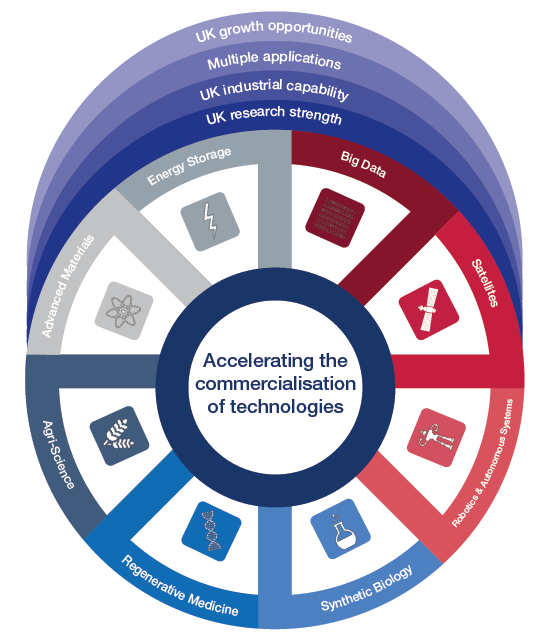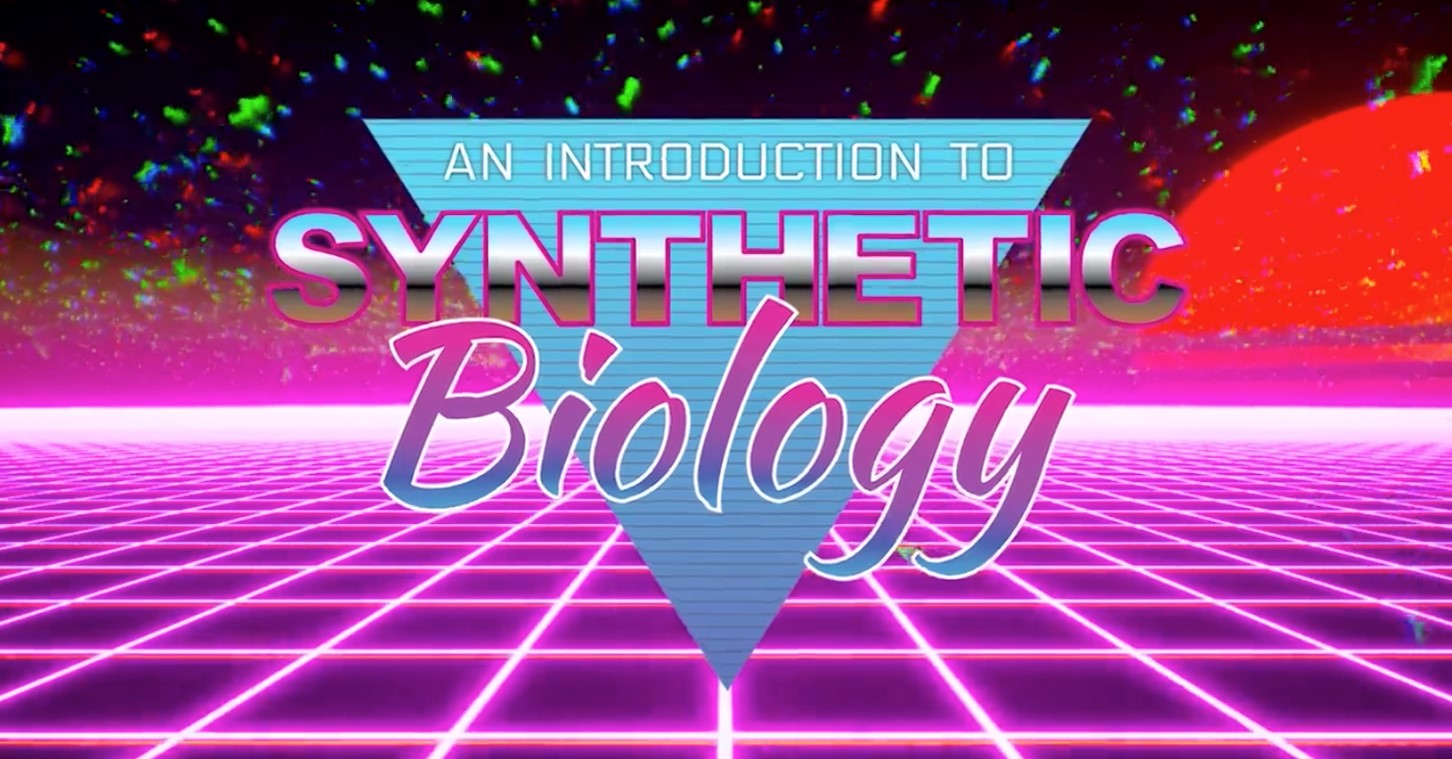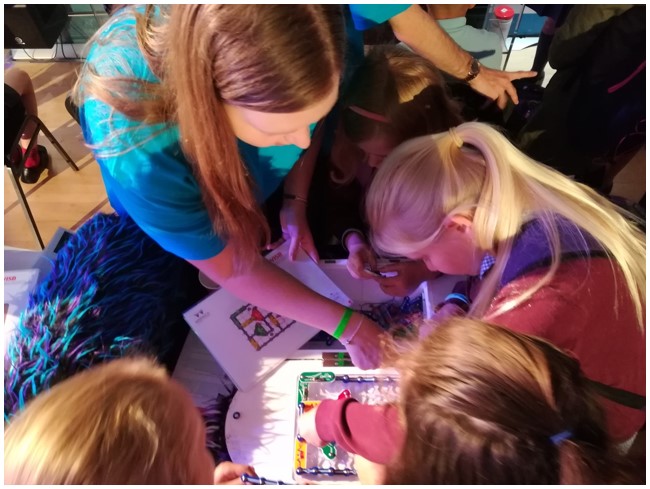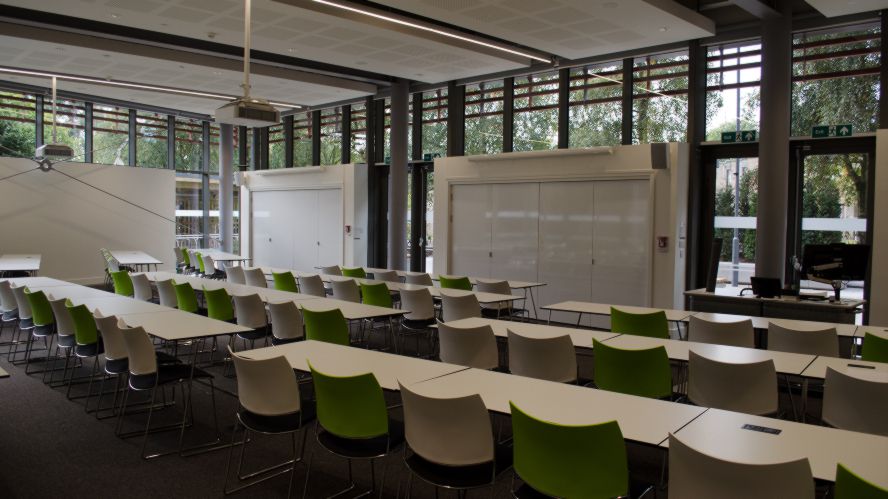What is synthetic biology? And what are the implications for the future? WISB is dedicated to inspiring others with what synthetic biology is capable of, and what developments we can expect to see within our lifetimes. We work with a wide range of audiences from a wide range of backgrounds.
If you would like to find out more about our outreach and work experience activities, please contact us. Some of our outreach tools are described below.
Synthetic biology is identified as one of the ‘Eight Great Technologies’ for the UK (Government Industrial Strategy 2012) that support UK science strengths and business capabilities.
In collaboration with industrial partners, WISB researchers aim to maximise opportunities for industrial translation of research in the following key areas:
Synthetic biology also generates important insight into fundamental principles underpinning the operation of living systems. For example, by modifying the noise characteristics of gene expression systems, we are learning about the role of stochasticity in the evolution of life. This very same knowledge also informs the design of synthetic systems utilized in our applied Research Themes.
Image Source: UK Government’s Eight great technologies: Infographics (accessed from: https://www.gov.uk/government/publications/eight-great-technologies-infographics)

Users are fully immersed in a world where synthetic biology can make a difference to their day-to-day lives. A scientist guides the user, who role-plays as CRISPR Cas 9, through the steps involved in adding a green fluorescing protein to tree DNA. The end result is a street that is lined with glowing trees.


Four giant bespoke E. coli cells (1×0.5 m) demonstrate how cells can be programmed. Upon opening the cell, students and the general public are greeted with a range of loose electrical components and sketches showing various Boolean logic gates (AND, OR, NAND or NOR gates). This hands-on activity allows the audience to visualise how cells can be programmed and what cells can be programmed to do. Real life examples of synthetic biology logic gates, such as the AND gate comprised of arabinose and salicylate which yields GFP expression as an output help to further highlight applications.

WISB holds seminars throughout the year. Our seminar series includes guest presentations from leading international academics from synthetic biology and related disciplines and commercial organisations.
Seminars are held at the Gibbet Hill Campus, University of Warwick.